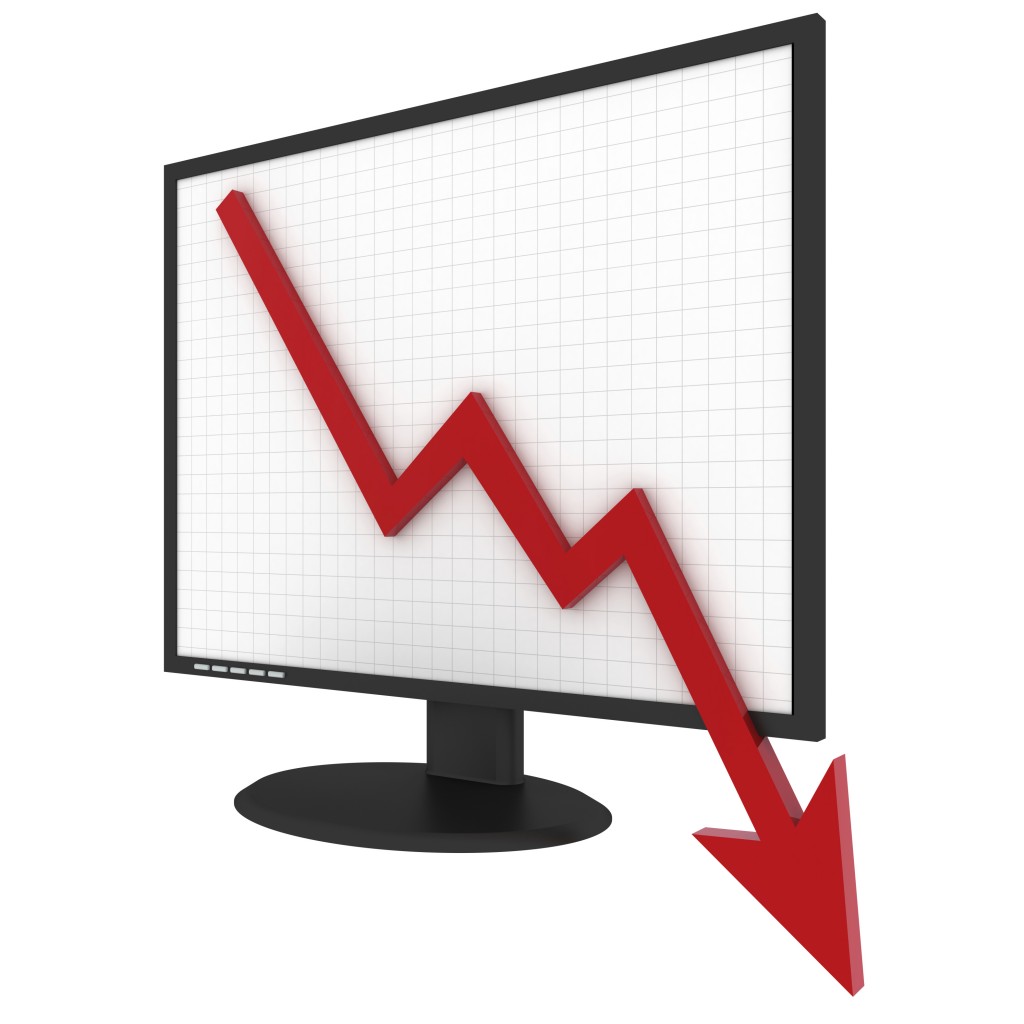Learning to love market crashes
I used to think stock market corrections were a bad thing, but I’ve changed my tune. Here’s why...
Advertisement
I used to think stock market corrections were a bad thing, but I’ve changed my tune. Here’s why...

As we launch into a brand new year, what do you find yourself looking forward to most in 2015? Me, I’m hoping to do some work around my new house, catch up on some reading, and spend more time with my family. And oh yes, with any luck, I’ll also get to enjoy a good stock market crash.
It definitely could happen. As our investing expert Norm Rothery notes in his Value Hunter column on page 20, stocks are a little pricey these days. The cyclically adjusted price-to-earnings ratio shows that we’re paying quite a bit more for stocks with a given level of earnings than the historical average. That’s not sustainable over the long haul, so sooner or later, U.S. stock prices will plunge back down to earth.
Will it happen in 2015? I have no idea. But it would be great if it did. You see, I’ve come to terms with the crash. Learned to love it even. I used to think stock market corrections were a bad thing, but I’ve changed my tune. Here’s why:
I’m not hoping for a massive crash à la 2008-09, but a market correction would be great. Sometimes investors forget that when they buy a stock, they’re not buying the “market,” they’re buying a share in a real corporation. The price you pay should reflect that company’s long-term prospects—not the prevailing winds of greed or fear in the market. Sometimes stock prices become untethered from the companies themselves and climb too high. A market correction fixes that by eliminating phantom value that was never there to begin with.
Whenever a correction or crash happens, you’ll see big scary headlines and cries of “Who could have seen this coming?” But corrections happen like clockwork whenever the market gets overvalued. Since 1928, the stock market has seen at least a 20% decline once every four or five years, on average. These kinds of corrections are business as usual for markets. They’ve always happened and they always will.
The key to investing success is to buy low and sell high. Never forget that: You need both the high and the low for it to work. So the next time the market crashes, make sure you see it for what it is: a wonderful opportunity to load up on stocks when they’re on sale.
If there’s a big crash in 2015, it might hurt someone, but it won’t hurt you. Why? Because you’re going to follow this advice: If you have any money invested in the stock market that you’ll need in 2015 (or the following few years), take that money out of the market now. Money you need in the short term shouldn’t be invested in stocks. As long as you’re invested for the long term, you’re safe. If the market crashes in 2015, leave your money invested and eventually the market will recover. Don’t panic, don’t read those scary headlines, just leave your investments alone and the lost value will return, just like it did after the 2008-09 crash.
I probably haven’t convinced you to love market crashes as I do, but I hope the next time the market craters you’ll at least take it in stride. Now here’s your New Year’s resolution. Take out a piece of paper, date it, and write: “I know the stock market crashes from time to time and losses of 20% or more are common. I know that a crash could happen in 2015, and if it does, I pledge not to sell any of my stocks until the market has recovered.” There. Now if the market plunges and everyone starts yelling “Who could have seen this coming?” you can whip out your piece of paper and say: “Me.”
Share this article Share on Facebook Share on Twitter Share on Linkedin Share on Reddit Share on Email